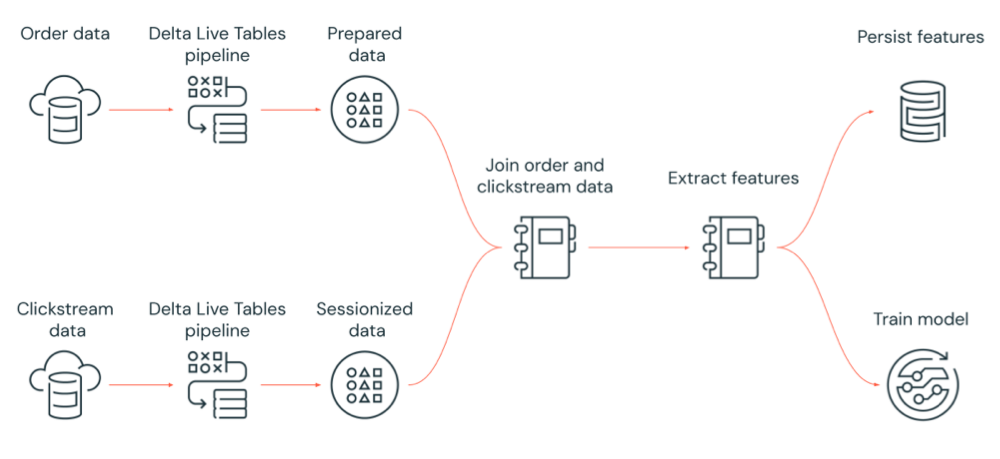What are Azure Databricks Workflows?
Azure Databricks Workflows are a set of tools and features within the Azure Databricks environment designed to help you orchestrate, schedule, and automate data processing tasks. These workflows allow you to define, manage, and run multi-step data pipelines that can include data ingestion, transformation, and analysis processes. They provide an efficient way to build, execute, and monitor batch and streaming data jobs that are scalable and optimized for performance.
The workflows are deeply integrated with Azure's cloud infrastructure, benefiting from its security, scalability, and compliance features. They support dependencies between tasks, allowing for sophisticated job scheduling and management. Additionally, Azure Databricks provides a user-friendly interface for creating, monitoring, and managing these workflows, which enhances productivity and collaboration among data teams. This setup is ideal for organizations looking to streamline their data operations in a robust and scalable cloud environment.

Some components of Azure Databricks Workflows are:
Job Scheduling: You can schedule jobs to run automatically at defined intervals, handling dependencies between tasks and retrying failed tasks, ensuring robust data processing routines.
Workflow Automation: By automating workflows, you can streamline the execution of complex data tasks, reducing manual intervention and the potential for errors.
Integration with Other Azure Services: You have the ability to integrate workflows seamlessly with other Azure services like Azure Storage, Azure SQL Database, and Azure Cosmos DB.
Scalability and Performance: Databricks Workflows are designed to efficiently manage resources, scaling up, or down based on workload demands, ensuring you only use and pay for the resources you need.
Collaboration and Version Control: The platform supports collaboration among your team members and integrates with version control systems to manage and deploy stable, reproducible data pipelines.
Azure Databricks Workflows simplify complex data operations, making it easier for your organization to deploy, monitor, and manage big data applications and machine learning workflows with enhanced security and compliance.